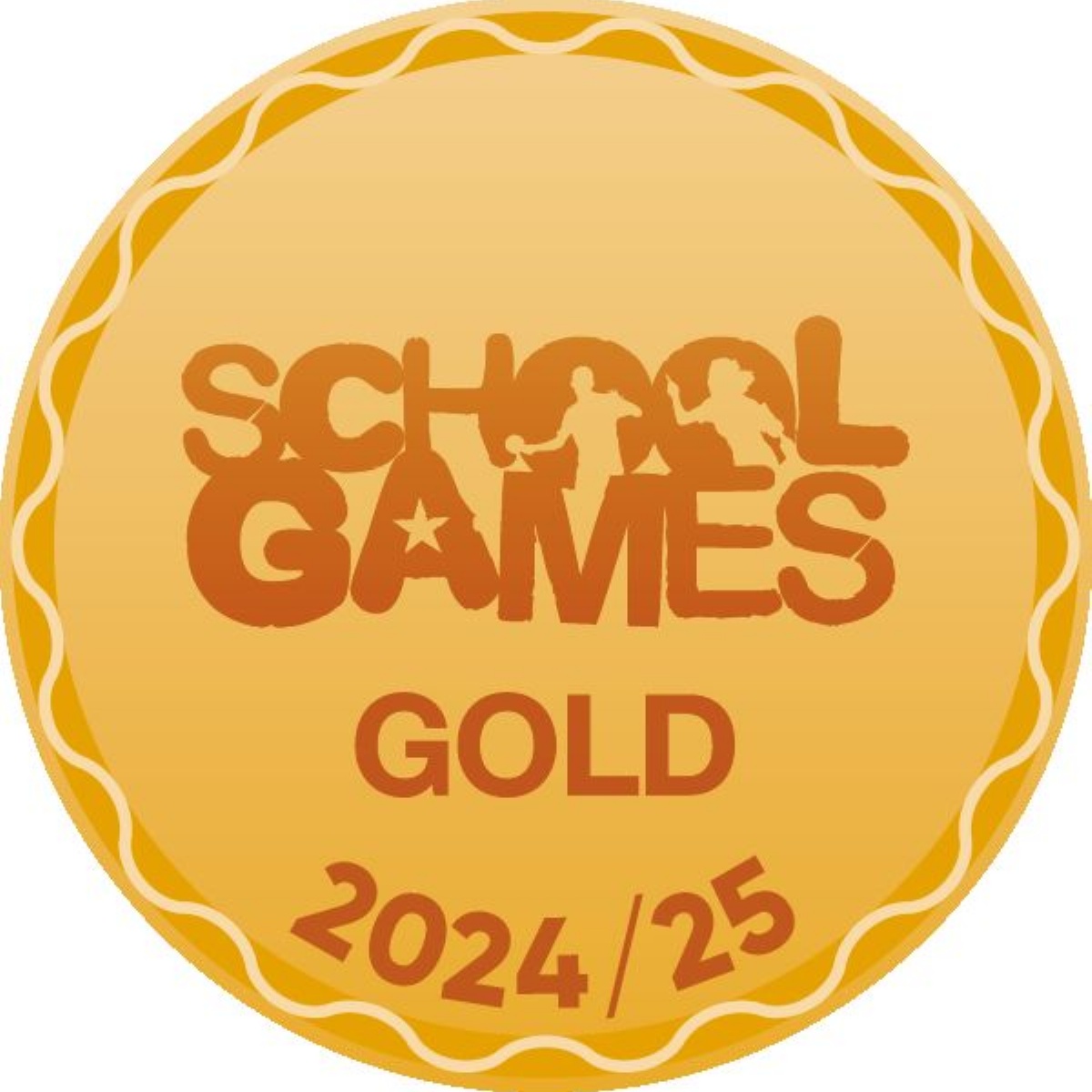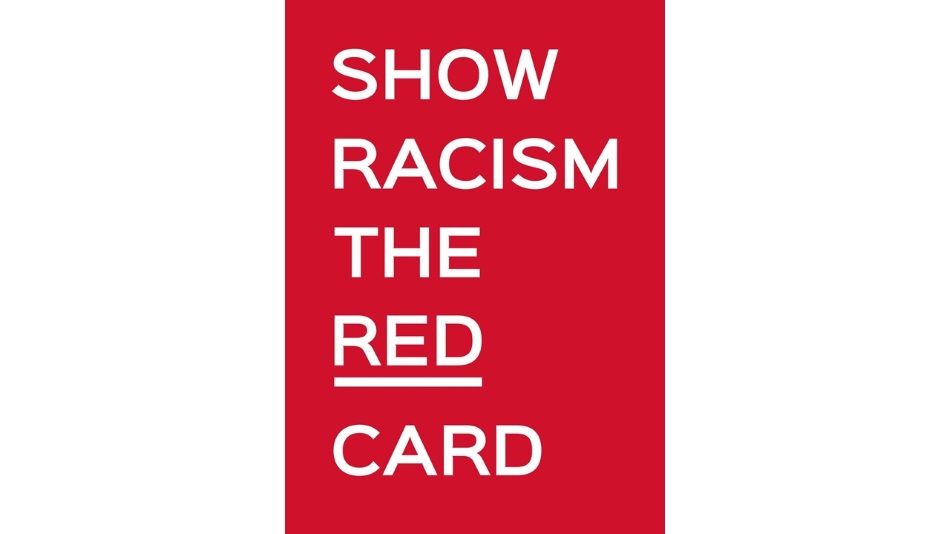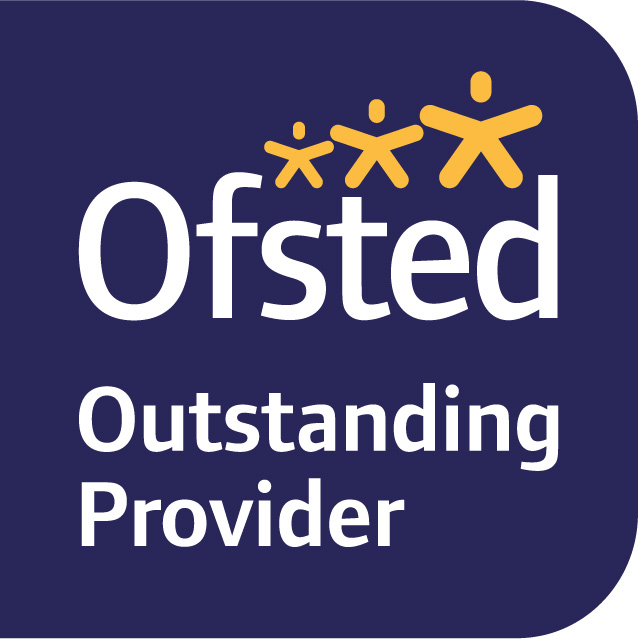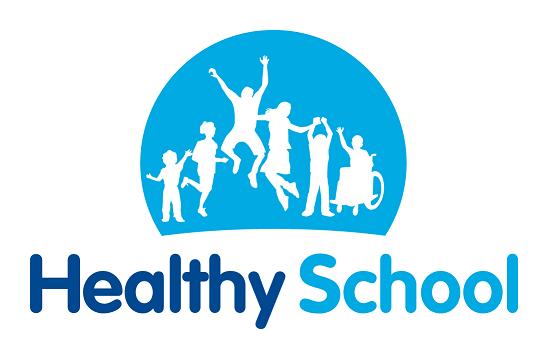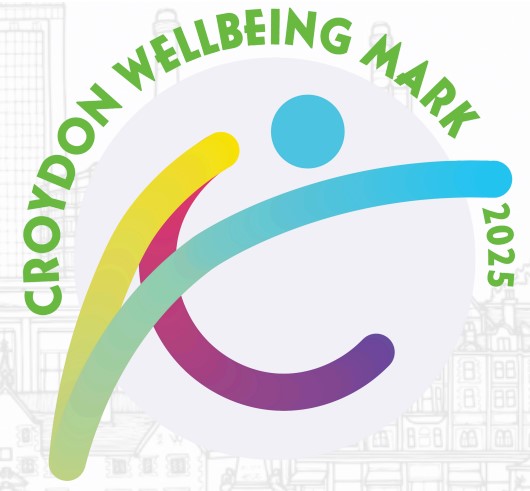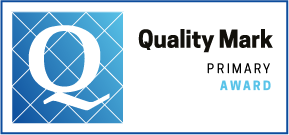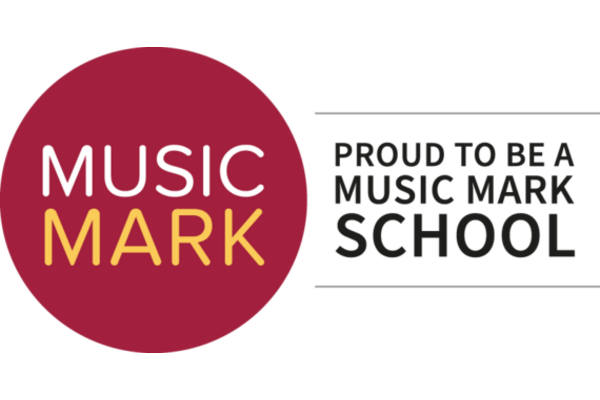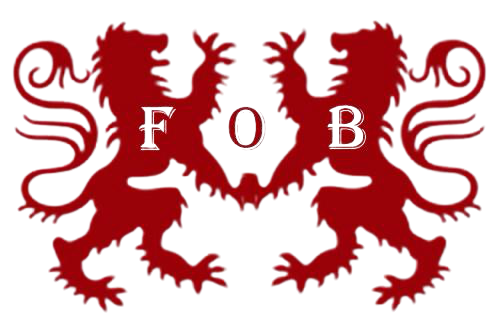Science
Intent
At Beaumont Primary School, our vision is to provide all of our children with a science curriculum that enables them to explore and discover the world around them. To achieve this, we aim to provide lessons which are rooted in scientific enquiry with practical hands-on experiences that encourage a deeper understanding and curiosity with questioning. Our objective is to provide carefully sequenced lessons which consolidate prior knowledge, encourage deeper understanding and therefore challenge, and lessons which are rooted in scientific vocabulary.

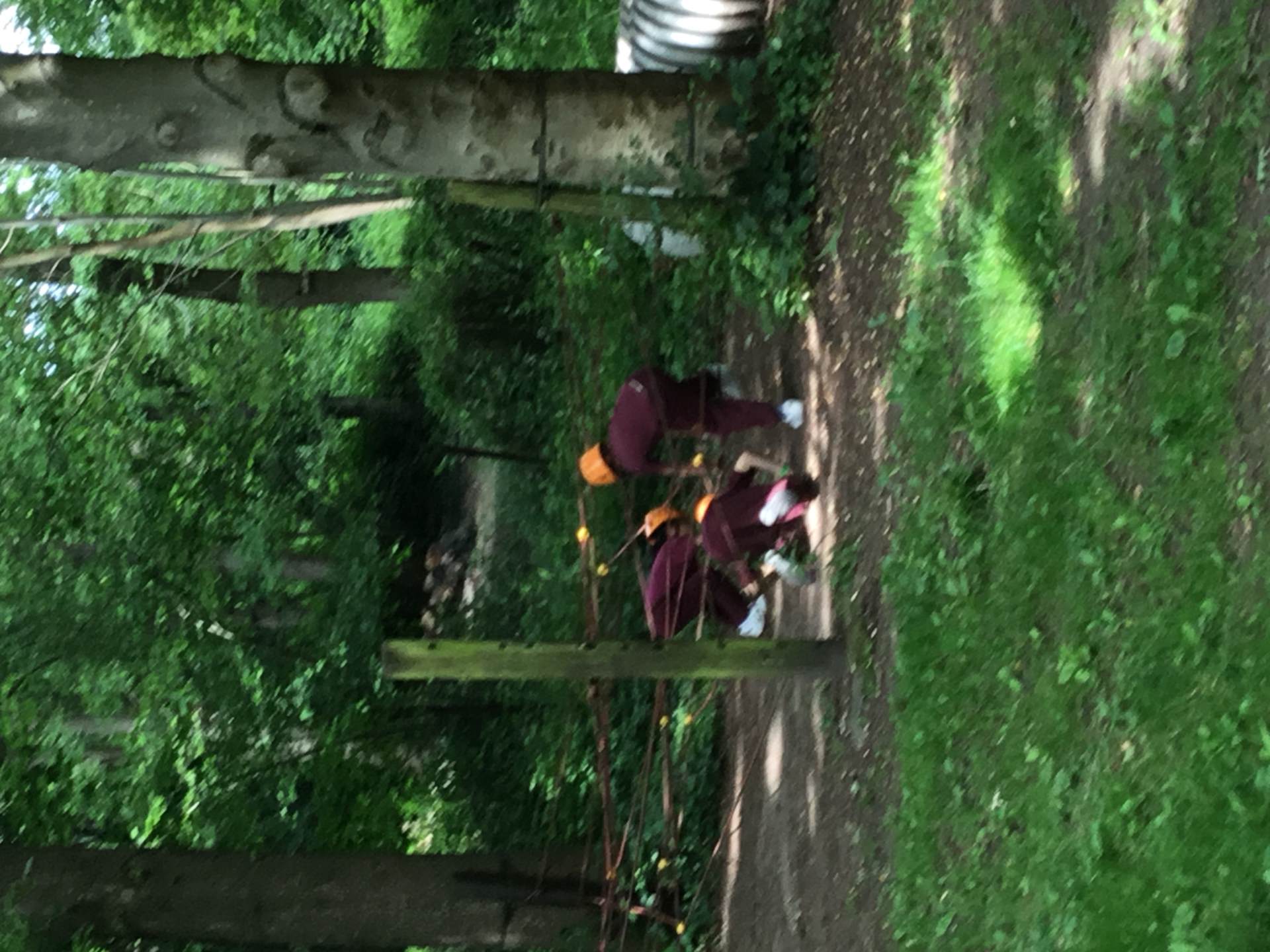
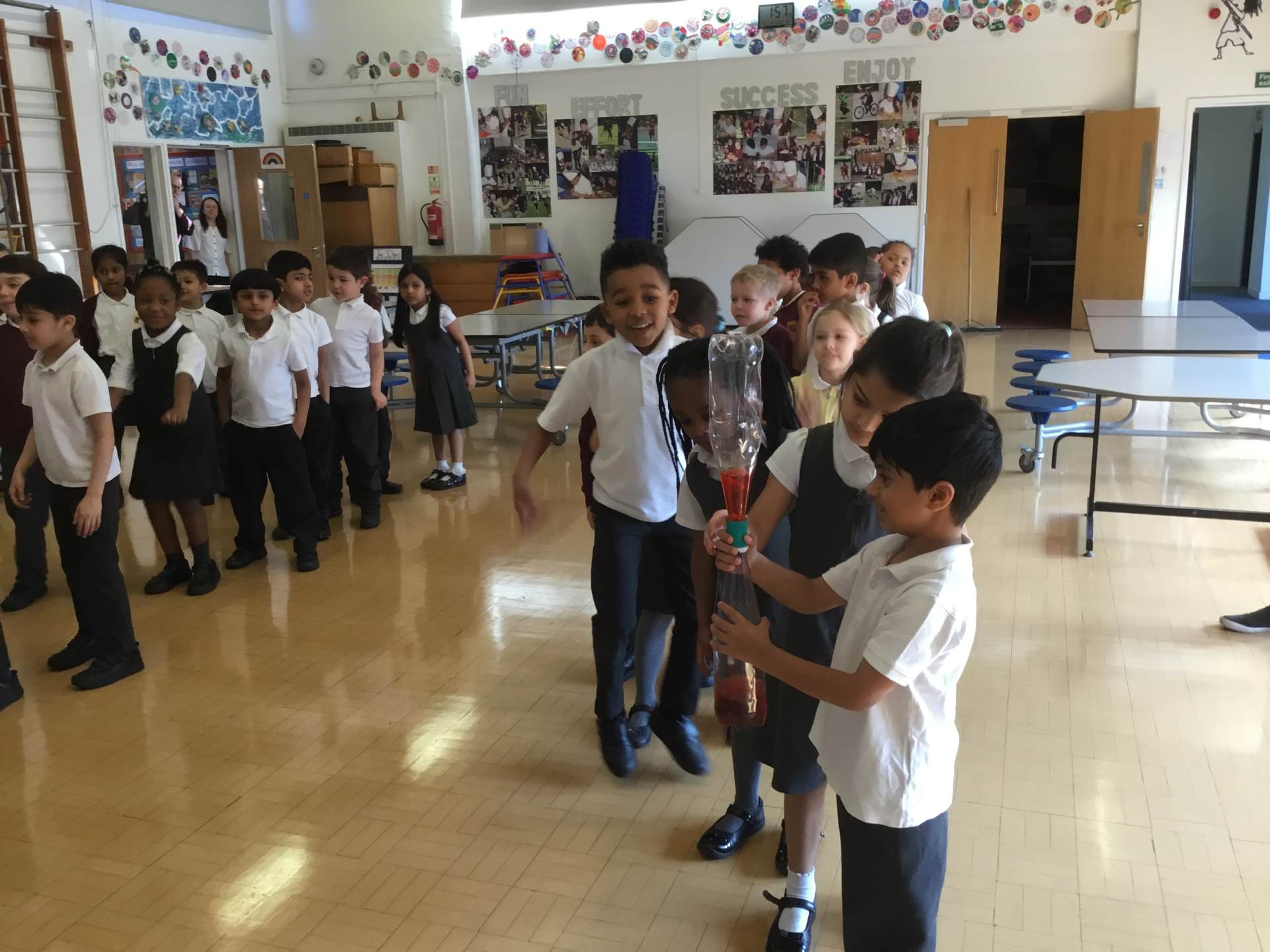
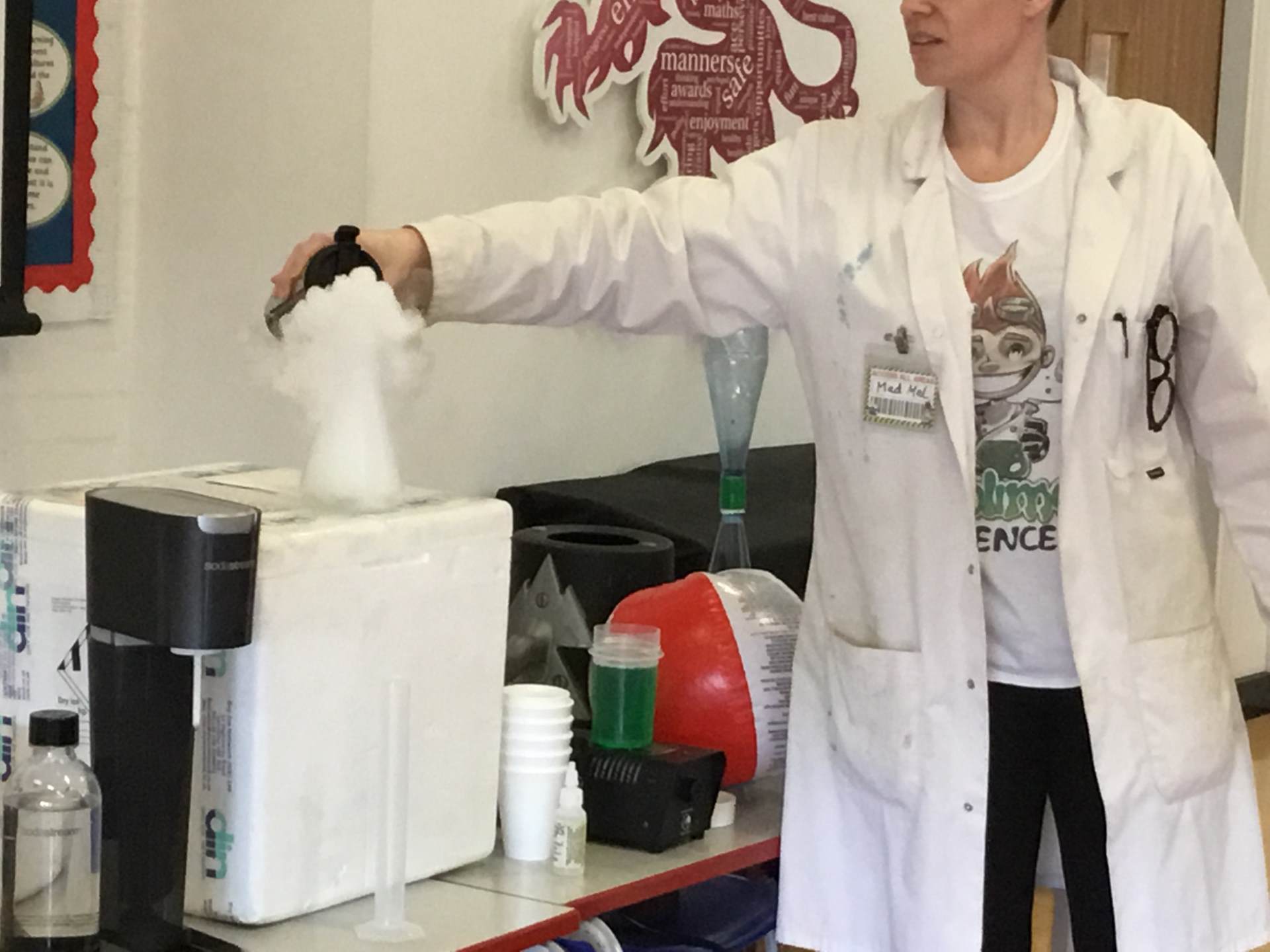
At Beaumont Primary, our children are exposed to high quality teaching and learning experiences. Children explore concepts and the world around them by developing their scientific enquiry and investigative skills. They are immersed in scientific vocabulary, which aids children’s knowledge of not only the topic they are studying, but of the world around them. We aim to inspire our pupils to become our next generation of scientists and to develop an understanding of the varied aspirations and careers within science available to our pupils when they become adults. We intend to provide all children, regardless of ethnic origin, class, gender or disability, with a broad, balanced, progressive and exciting science curriculum.
Implementation
We ensure that all children are provided with rich learning experiences that aim to:
- Prepare our children for life in an increasingly scientific and technological world today and in the future.
- Help our children acquire a growing understanding of the nature, processes and methods of scientific ideas.
- Help develop and extend our children’s scientific concept of their world.
- Build on our children’s natural curiosity and developing a scientific approach to problems.
- Encouraging open-mindedness, self-assessment, perseverance and developing the skills of investigation.
- Develop the use of scientific language, recording and techniques.
- Develop the use of reading and computing in investigating and recording.
- Make links between science and other subjects.
- Introduce and explore roles and aspirations in science based subjects.
Substantive knowledge is acquired through progressive sequences of work to ensure that pupils are equipped with the essential knowledge needed when working scientifically within the same sequence. In this way, there is an interplay between substantive and disciplinary knowledge and this is tracked through a science cycle using dual objectives for each science lesson. While working scientifically, pupils explore the five different enquiry types:
- observing over time
- identifying, classifying and grouping
- pattern seeking
- research using secondary sources
- comparative and fair testing
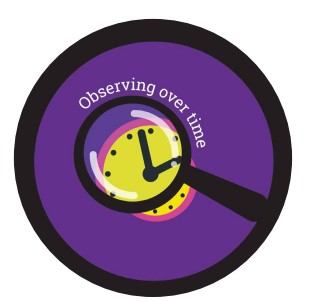 |
 |
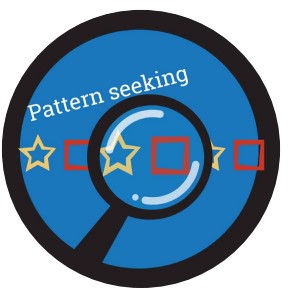 |
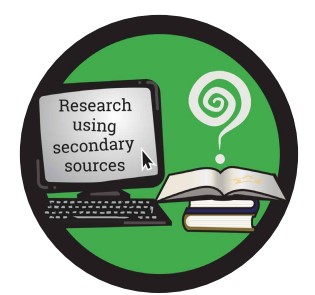 |
 |
The ten skills of scientific investigation are taught and then applied into these enquiries. These skills are:

Impact
The impact and measure of this is to ensure children not only acquire the appropriate age related knowledge linked to the science curriculum, but also skills which equip them to progress from their starting points, and within their everyday lives.
All children will have:
- A wider variety of skills linked to both scientific knowledge and understanding, and scientific enquiry/investigative skills.
- A love of science and a curiosity to find out more.
- A richer vocabulary which will enable to articulate their understanding of taught concepts.
- High aspirations, which will see them through to further study, work and a successful adult life.
Assessment takes place during every lesson and children are assessed on their understanding of the topic rather than what they are able to record. This is done through observations and questioning during the lesson, in addition to the variety of outcomes that support all learners. We assess using the learning intentions for each lesson of each unit on our topic maps. At the end of each half term teachers transfer these assessments to Year Group and Curriculum Leader assessment grids to provide an overview of science across the school. The class teachers and the Subject Leader can use these judgements to make an overall judgement of where the children are currently working at, where pupils require further support or where pupils are able to be provided with further challenge.
Experiences
At Beaumont, we try to enable equality for all children so that they can all have the same experiences as their peers. We do this by inviting GPs and dentists into school to talk to our children. We work closely with local secondary schools who offer practical workshops for our children to attend. Whitgift School offer a one week outreach programme for our Year 5 cohort to attend which is centered around STEM. School outings to places such as Kew Gardens, Gatton Park, Foxley Woods and the Science Museum, Animal Day and Science Week, as well as workshops held at the school all enable and provide the children with excellent enrichment opportunities.
Preparing for secondary school - KS2 - KS3 Transition in science
Below you will find the curriculum mapping and overview, as well as the strategic plan for this year as well as a skills progression document and policy.


